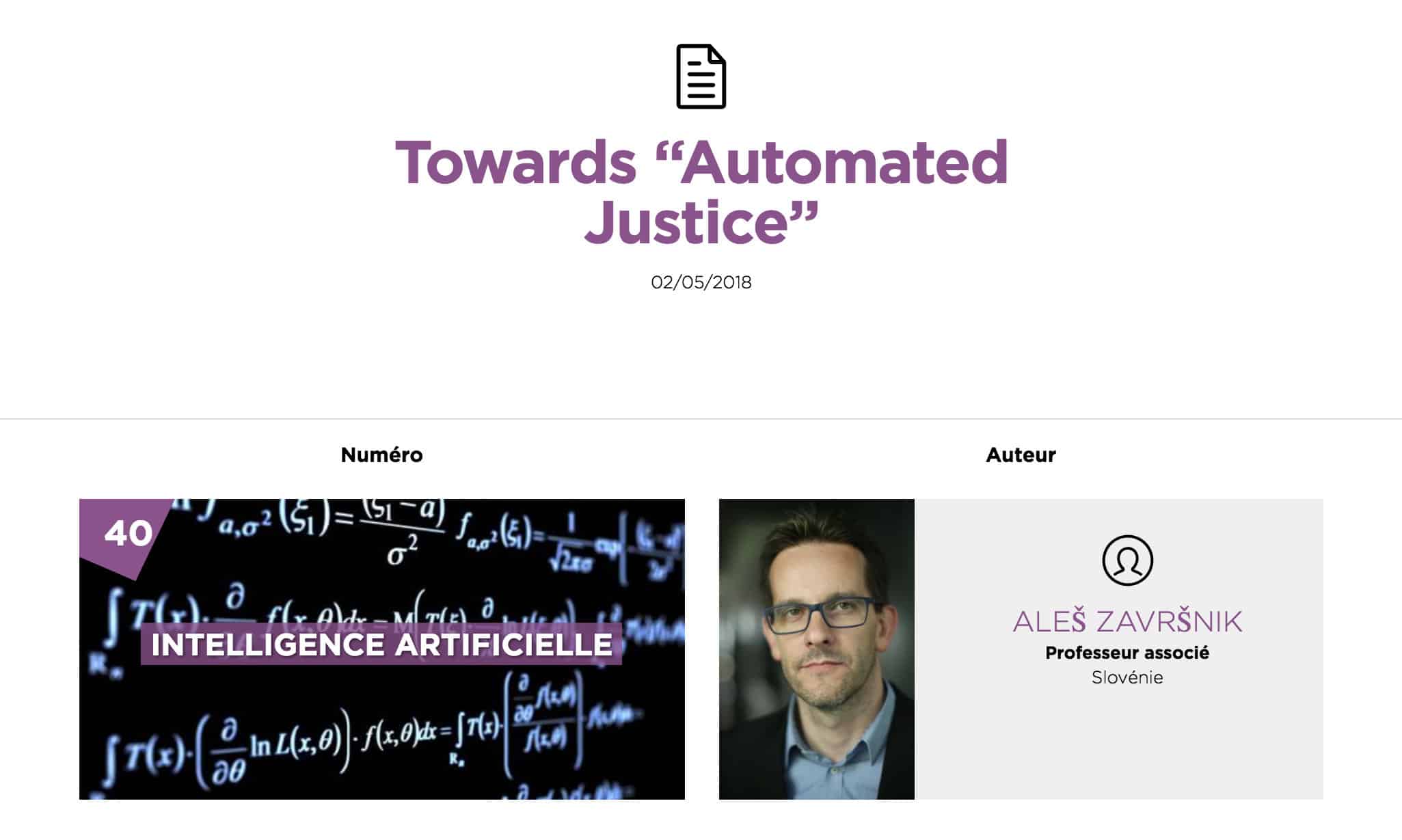Our world runs on the application of big data, algorithms, and artificial intelligence (AI) in many areas of our lives; social networks suggest whom to befriend, algorithms trade our stocks, and even romance is no longer a statistics-free zone. Big data coupled with algorithms has become a central theme of intelligence, security, defence, antiterrorist, and crime policy efforts, as computers help the military find its targets and intelligence agencies justify their assessments on the basis of massive pre-emptive surveillance of public telecommunications networks, as revealed by Edward Snowden in 2013. The algorithms that are mining for intelligible interpretations of big data sets are forming new types of knowledge production in the crime control domain as well. Law enforcement agencies increasingly use crime prediction software, e.g. PredPol (Santa Cruz, California), CompStat (New York), Precobs (Zürich, Munich), and Maprevelation (France), to allocate their resources, while criminal courts are increasingly relying on sentencing prediction instruments and probation commissions on probation algorithms. … Towards “Automated Justice” — fellows RFIEA
Oznake
Afganistan
AI4Deliberation
avtomatizacija
Bojan Volf
covid-19
dezinformacije
digitalna varnost
družbena škoda
družbeno nadzorstvo
Eksperiment
etika
genocid
internet
jezik
kaznovanje
konferenca
kriminaliteta
language
law
Ljubo Bavcon
medicina
mednarodno pravo
migracije
mladi raziskovalec
nasilje v družini
novinarska konferenca
okrogla miza
pandemija
podatki
prosto delovno mesto
safe.si
Shone Illingworth
spolna kriminaliteta
Talibani
tehnologija
torkovo srečanje
triaža
umetna inteligenca
varnost
vesolje
vojna
zasebnost
ZDA
človekove pravice
žrtev




